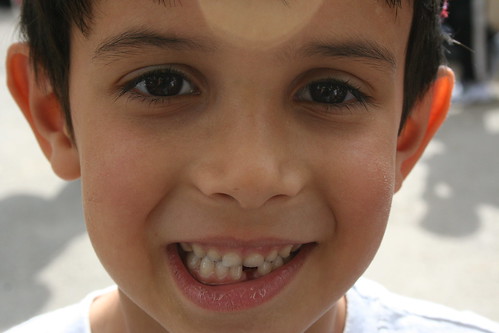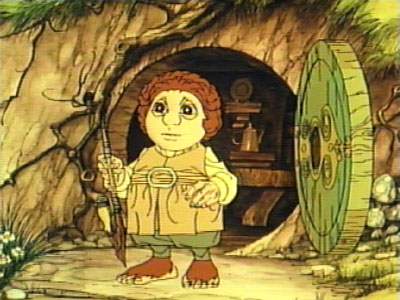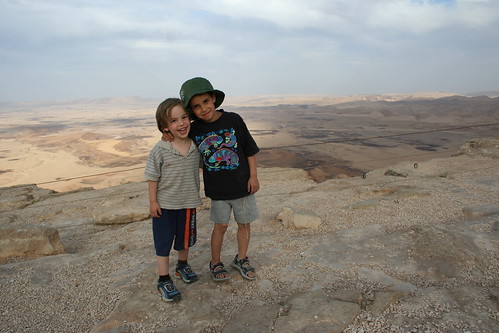 Benjamin lost a tooth. This is the first one. We have had a lot of firsts this year; it certainly changes your perspective on a place being there with kids. The thing of it is, the tooth just popped out, or he swallowed it without realizing. This will make things more complicated for the Tooth Dwarf, so Benjy is planning on writing a note explaining the situation and authorizing the Tooth Dwarf to use shrinking potion and go on a gastro-intestinal spelunking expedition.
Benjamin lost a tooth. This is the first one. We have had a lot of firsts this year; it certainly changes your perspective on a place being there with kids. The thing of it is, the tooth just popped out, or he swallowed it without realizing. This will make things more complicated for the Tooth Dwarf, so Benjy is planning on writing a note explaining the situation and authorizing the Tooth Dwarf to use shrinking potion and go on a gastro-intestinal spelunking expedition.I did say Dwarf. The Tooth Dwarf isn't an Israeli invention. It is a purely Wexler-Freedman creation.
Benjy showed his extremely loose tooth to our friends Annabelle and Sarah a few days ago. I wanted to ask if there was a Tooth Fairy in Israel but I had no idea how one says Fairy in Hebrew, so I asked if there was a "g'mad shinayim." Now putting Tolkein and his Hebrew translators aside for a moment, I felt that I was on solid ground. I had always seen g'mad as a catch-all word for "little, supernatural people." The root G.M.D. means shortened or constricted. It seems to be used in the Bible in only one place. It is actually a good story, about Ehud, one of the Judges of Israel, with a sort of a dwavish flavour to it and could easily be a bit out of the Hobbit, so allow me to digress.
The Israelites were being ruled by Moav. Ehud, despite being from the tribe of Benjamin (son of my right hand), was a lefty. He was supposed to pay tribute to Eglon the king of Moav, who the Bible says was very fat. Ehud made himself a special sword that was two-sided (literally, two mouthed) and shrunken in its length (gomed arka) and girded it on his right side presumably where nobody would expect a sword to be ("I frisked hundreds of young punks in my day," says Captain McKluskey right before Michael goes to get the gun out of the toilet tank).... Well, I think you can see where this is going. Ehud gives Eglon the present or tribute and then says he has a secret message for him and suggests they retire to the "upper chamber." That short sword goes right up to the hilt in the fat king's belly. Then Ehud walks out cool as a cucumber.
But all this is really neither here nor there except to say that any small and supernatural being can be a g'mad as far as I was concerned. But my friend Anabelle burst out laughing when I said a g'mad shinayim since her image of a g'mad is of a true, Tolkeinian dwarf, which she pointed out might have a very hard time climbing up to a bed to retrieve a tooth, as opposed to Tinkerbell who can just flit over. She informed me that in Israel they have a "Faya Shinayim." Now "faya" is a very recent coinage in Hebrew and derived from the Latin fata probably via French fey. I find that very disappointing for a culture with a rich tradition of bizarre supernatural speculation. Another friend told me that they had done a "malach shinayim" a tooth angel which at first I took to be a little -- well, saccharine -- but then I considered that malachim in Hebrew -- along with shaydim, demons -- really have cornered the market on Jewish folkloric magical beings. Plenty of malachim have strange and seemingly inconsequential jobs (standing over a blade of grass and encouraging it to grow), and others are hardly the benevolent-but-dull angels of a New Yorker cartoon, so why not have a malach in charge of collecting old teeth from under sleeping kids?
As for us we are happy with the idea of tooth dwarf. He may be less glamorous than a fairy or an angel but he is sturdier and probably better at navigating the dark and twisting intestinal tracks of a six year-old.








